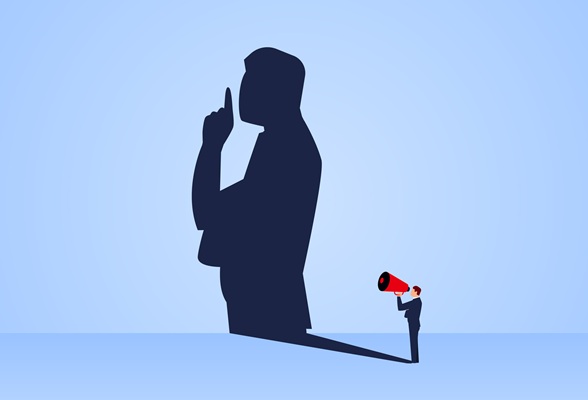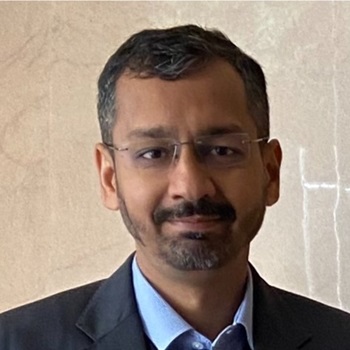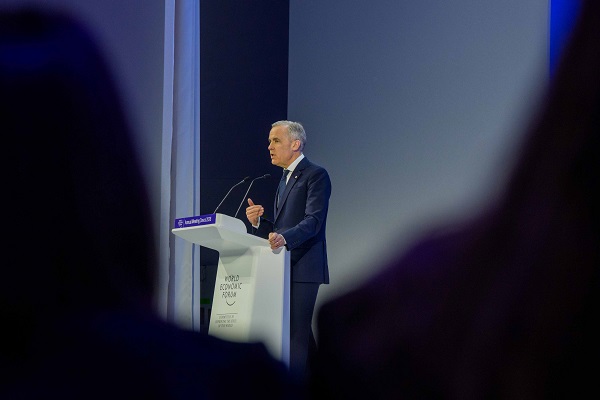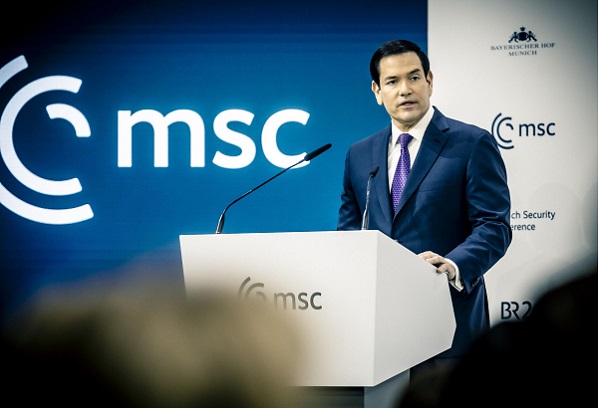.png)
SarciSense: The Vanishing ‘Middle’ — Why Nobody is reasonable anymore
We have become a society allergic to uncertainty. Everyone has a take, everyone is right, and the once-moderate Indian has quietly left the chat.


Dr. Srinath Sridharan is a Corporate Advisor & Independent Director on Corporate Boards. He is the author of ‘Family and Dhanda’.
November 16, 2025 at 8:55 AM IST
Somewhere between the latest social gossip and the last software update, we seem to have quietly lost our ability to say three harmless words: “I don’t know”. These three words used to be a sign of thoughtfulness, even dignity. Today it sounds like a technical glitch.
Everyone knows everything now.
Everyone has a take.
Everyone is right.
It is the golden age of certainty, and unfortunately, we are all living in it.
There was a time when people carried opinions the way they carried umbrellas - folded, functional, and opened only when necessary. Now we carry opinions like banners at a rally. Or should I say political sycophant posters defacing our streets - yet with no politician ever taking accountability for it?
Whether it’s geopolitics, investment strategy, parenting, therapy, cricket selections or someone else’s marriage, people speak with the confidence of prophets who receive their news directly from the gods. Moderation, once the quiet backbone of our societal existence, has retired without any intimation.
It’s curious, because we were not always like this. Traditionally, we were a culture that feared being wrong. Now we fear being uncertain. You can hear this shift in everyday talk. Nobody says, “Let me think.” They say, “See, the thing is…” Even relatives who cannot assemble a simple IKEA shelf now deliver monologues on global supply chains with the swagger of an MBA who has done the arithmetic. And in the average WhatsApp family group, there is always an uncle who begins a message with “Actually, to clarify…” as though the family is waiting for his verdict on life.
Underlying this newfound expertise is an older human compulsion — the need for control. The world has become too fast, too unpredictable, too enthusiastic about changing every few weeks. Jobs wobble, politics mutates, relationships evaporate, technology updates itself while we sleep. When people feel powerless everywhere else, they grip their opinions tightly. Certainty has become the slipperiest kind of insurance, it doesn’t protect you from anything, but it makes you feel insured.
Look inside any Indian home today and you will see the collapse of the middle in action. Conversations have become debates. Debates have even scaled to become family disputes. Ask a simple question about school fees, and someone will reply as though you’ve triggered a national inquiry. Couples, especially, seem to have reached a curious stage of modern companionship — two people who are unable to agree on a curtain colour but are both convinced they understand the psychology of entire communities. They don’t say, “What do you think?” They say, “No, listen.”
The internet has made it worse, not by making everyone loud but by making nuance invisible. Algorithms do not reward hesitation. They reward certainty and its cousin, outrage. If you speak softly, nobody hears you. If you speak calmly, nobody believes you. Outrage performs well.
In this ecology, the middle cannot survive. It is hunted by both extremes. And when something is attacked from both sides.
Gen Z has grown up entirely inside this terrain. They are fluent in the language of “boundaries,” “processing,” and “alignment,” yet unsure of how to disagree without disappearing. Their certainties often hide a simple truth: they are terrified of being wrong because the internet has made mistakes permanent. One wrong post, one clumsy thought, and the punishment is swift. So they cling to rigid positions, as though morality itself were an exam paper with correct answers. Ambiguity feels like failure. Nuance feels like indecision.
One youngster told me, “I don’t know what I want. I just know I don’t want to be the only one who doesn’t know.” It is the saddest explanation for certainty you will ever hear.
Middle-aged Indians, meanwhile, have their own reasons for clinging to the extremes. We grew up in a world of shortages — of money, stability, even information. Now, surrounded by abundance, they cling to control. We track our children’s location pings, our heart-rate graphs, our water intake to stay hydrated, our calorie burns, our investments, and our political convictions. Everything must be monitored, measured, managed. Uncertainty feels like a personal failure. Control, even if imaginary, feels like competence. Many middle-aged Indians are not opinionated because they are arrogant; they are opinionated because they are frightened.
And what does this do to the collective soul? The old Indian civility, already fragile, collapses further. We no longer converse. We counter. We no longer explain. We assert. The idea of “seeing the other side” now feels like being disloyal to your own voice. People used to say, “I see your point, but…” Now they say, “No, you’re missing the point.” And of course, everyone’s point is the point.
This vanishing of the middle has deeper consequences than we admit. Families split not because of disagreements but because of the performance of righteousness. Friendships dissolve because people no longer allow the luxury of being wrong in front of each other. And our personal identities have shrunk to the size of our strongest opinions.
And yet, amid all the shouting, a small tribe remains — the middle rebels. You never notice them at first because they do not announce themselves. They speak slowly. They read before they react. They occasionally say, “That’s interesting.” They are the people who smile when someone makes an extreme claim and reply with, “Possibly.” These are the last philosophers of the modern age. They understand that being reasonable is not a sign of weakness; it is simply what adulthood was supposed to look like.
Maybe the middle hasn’t disappeared. Maybe it has simply gone underground, waiting for the noise to exhaust itself. Because sooner or later, people tire of shouting. They tire of defending opinions that no longer belong to them. They tire of being right.
And when that happens, the most radical statement will once again be the least dramatic one:
I don’t know. Tell me more.
Because only someone unafraid of themselves can afford to be unsure.
And only a society unafraid of uncertainty can grow again.


